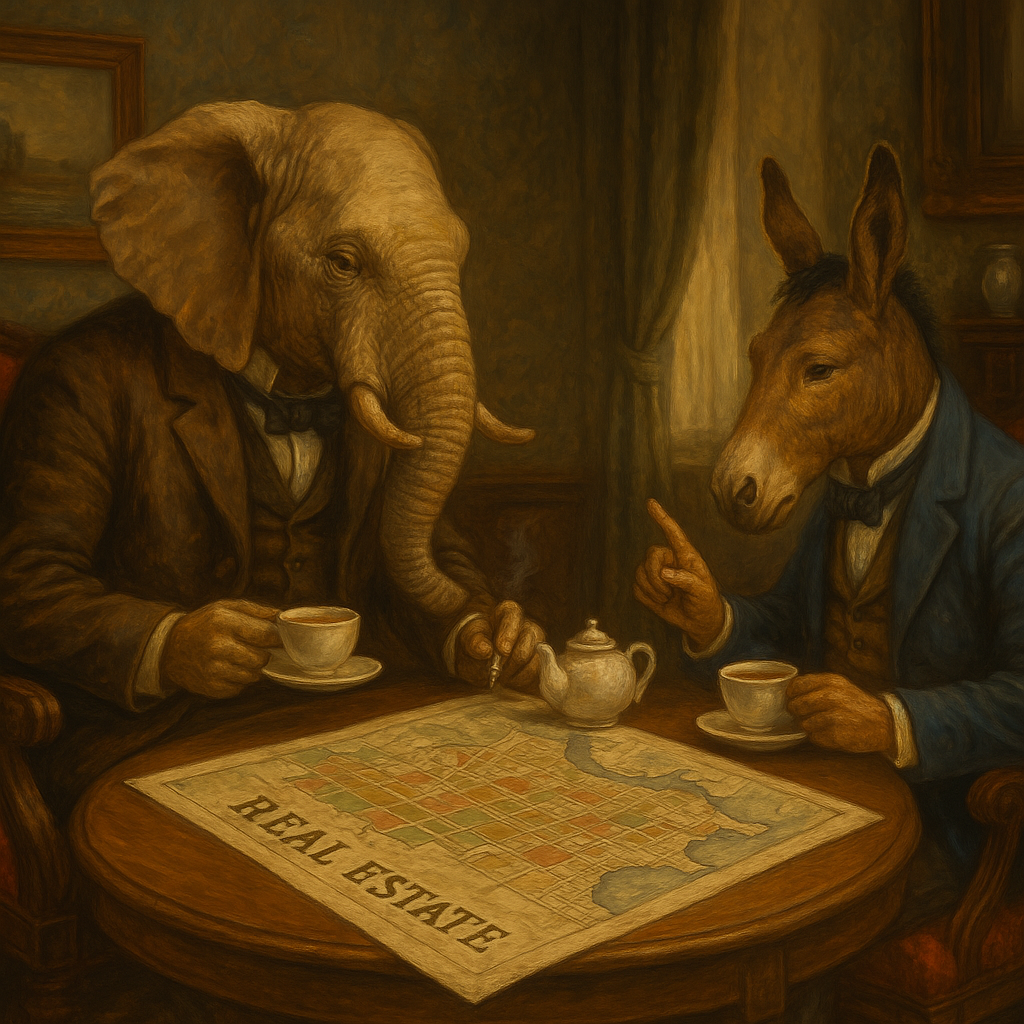
We're doing retirement wrong
Our entire ecosystem is built on an outdated model of retirement practices. “Retirement,” as we call it, is an old-school mentality from the era of 9 - 5 laborers who received a pension and enjoyed their “golden years “ without working.
If you know me and my writing, at this point, you know there needs to be a historical tale to this. So, let’s walk through a VERY brief history of retirement.
Oh wait - it’s not a thing. Think about it. For most of humanity’s history, we worked until we died. There was no security net. That’s not actually true, as I muse aloud - your children probably cared for you when you got too old to do anything. God forbid you didn’t have children - that would be a tough retirement. Also, your children might resent having to care for you.
Anyways - so that’s clear - retirement in and of itself is a modern artifice, which is a good artifice because forcing senior citizens to work until they die is generally considered morally repugnant (although some, by virtue of bad decisions or bad luck, still end up doing that).
The Birth of Retirement as a “Government Construct”
The idea of government-supported retirement is relatively new. Social Security wasn’t introduced until 1935, during the Great Depression, when life expectancy was around 60 years old. It wasn’t meant to support a 30-year retirement—it was meant to keep elderly people from starving in the streets after a lifetime of physical labor.
Then came corporate pensions, another relic of the industrial era. Big employers—steel mills, auto manufacturers, railroads—offered lifetime income in exchange for decades of loyalty. This made sense in a world where people worked for one company their entire lives, jobs were physically demanding, and most people didn’t live that long after retirement anyway.
The system was simple: Work for 40 years. Retire. Die (quickly, preferably).
That was the deal.
Then, something happened that nobody had planned for. Something disastrous. People started living longer.
Uh oh!
The Collapse of the Retirement Model
As life expectancy increased, governments and corporations realized they had created a financial time bomb. Paying people to not work for 20-30 years wasn’t economically sustainable.
Cue the slow, painful death of the traditional retirement system:
-
Pensions disappeared → Employers realized they couldn’t afford to support workers for decades after they stopped producing value.
-
The rise of the 401(k) → Instead of a guaranteed income for life, employees were now responsible for their own retirement savings. This effectively transfers 100% of the risk for you outliving your pension back to you.
-
Social Security became a ticking time bomb → More retirees + fewer workers supporting them = a system that is running out of money.
The reality? The traditional retirement plan was a financial lie. It worked when people lived shorter lives, and companies paid the bill. Now, it’s an illusion.
Just to be clear - even if Social Security doesn’t go bankrupt (which seems a mathematical probability), it hardly pays enough to support one in retirement.
Still better than the alternative
Okay, so let’s just be clear. Retirement is a new construct. The pensions and Social Security worlds are failing because they were not built or intended to manage people living for a long time.
We’ve shifted to a 401k-driven world, which is much better than the alternative of doing nothing. Some enlightened employers contribute to the plan. If you are a financially prudent person and make your contributions and invest your money (which is not that much fo the population), then you will probably be okay in retirement.
All of this is a dramatic improvement from the pre-Social Security / pre-corporate Pension world.
The Problem With This Model
But let’s be real - this model still has major flaws.
First, the entire 401(k)-driven system is built on two assumptions that you have no control over:
-
The stock market will continue to rise consistently over decades.
-
You will not outlive your money.
If either of those assumptions turns out to be wrong, your retirement plan collapses.
Most people don’t save enough anyway. The majority of Americans aren’t maxing out their contributions, don’t have enough invested, and are one market downturn away from watching their retirement dreams evaporate.
Even for the responsible savers who do everything right, the system itself is still fundamentally flawed. The entire premise is that you spend your working years accumulating a large nest egg, then gradually withdraw from it, hoping you don’t run out before you die.
Why would anyone want to build wealth just to spend it down to zero?
Separately - for me (and I’m venturing into personal opinion land here) - the entire notion of working my tail off my entire life so I can enjoy old age with comfort is morally repugnant. I would like to enjoy life now and then as well. Life isn’t a dreadful march to retirement.
How the Wealthy Do Things Differently
Okay - it's going to get controversial here. Yes, I acknowledge that these lessons here are not for everyone. Not everybody is constitutionally or temperamentally outfitted to pursue these ideals. It’s not for everybody - I acknowledge that UP-FRONT.
I have observed that the wealthy don’t think about retirement in the same way. Yes, they’re rich, so they don’t have to.
But why are they rich? Why do they not have to think about retirement in terms of gradually putting money away and hoping it’s enough and forward projections meet reality and result in high compounded retirement savings?
It’s because, in many cases, they think in terms of ownership. In terms of growth. The perspective is not just cutting expenses to the bone and trying to survive. The perspective is on how to generate more revenue for themselves.
They have a growth mindset in terms of revenue!
You can only cut expenses so far. In theory, you can spike revenue as much as you like. Many salaried workers don’t take this perspective because they exist in a paradigm of fixed incomes, trying to cut expenses and slowly trickle money into their retirement plans in the hope of having enough at 65 years old.
Many things in life are about a perspective shift.
Change the perspective. The wealthy invest in assets that produce income that funds their lifestyle. They deploy their capital into ownership opportunities that can generate outsized gains. They build companies that they hand off to professional management and enjoy the company's fruits (and so do their children, who might run it after they retire), thereby generating ample income to support them in their old age.
By the way - owning real estate (or a business) in “retirement” is a great way to stay young.
Not everybody can start a business, nor should everybody. Not everybody is temperamentally or fiscally prudent enough to own real estate (or invest in illiquid assets). But retirement planning needs a wholesale change in perspective for some people who are so aligned. And those people would benefit tremendously from changing how they view the world. And their own plans.



